Publications
Articles, publications, books, tools and multimedia features from the U.S. Institute of Peace provide the latest news, analysis, research findings, practitioner guides and reports, all related to the conflict zones and issues that are at the center of the Institute’s work to prevent and reduce violent conflict.

Linking Early Warning and Early Response Networks to Curb Violence in West Africa
A conflict early warning and early response (EWER) ecosystem has been developing in West Africa as multilateral organizations, governments, civil society groups, and others have established systems that detect threats and provide critical information to relevant authorities. Yet individual EWER systems are prone to a range of failures—from gaps in data to decision-making bottlenecks to response coordination breakdowns. This report argues that linking individual systems—a network-of-networks approach—can improve outcomes for people across West Africa and serve as a model for other conflict-affected regions around the world.
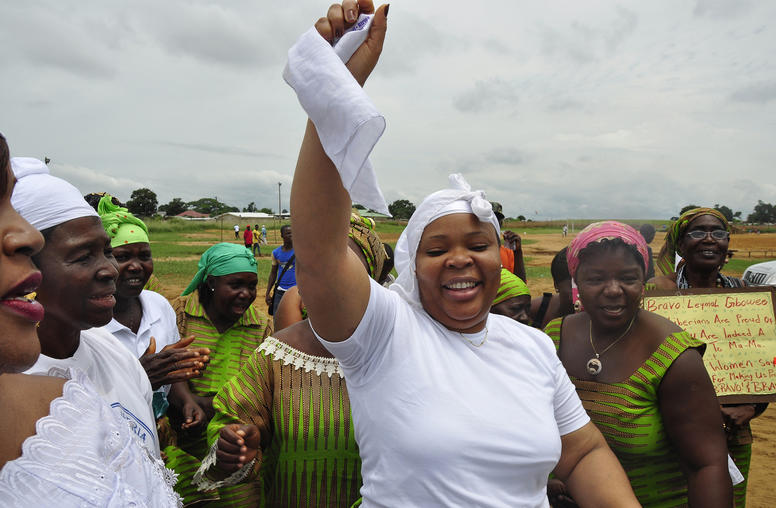
Religious Actors in Formal Peace Processes
Despite the significant impact—both real and potential—that religious actors and communities can have on formal peace processes, there is little research on or analysis of their engagement as part of these processes. This report aims to remedy this deficit by examining whether, when, how, and to what extent religious actors have been engaged in formal peace and political transition processes.
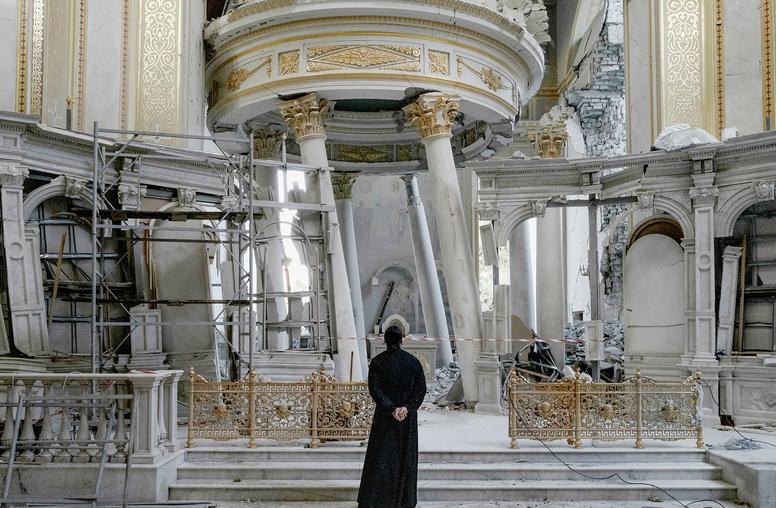
Mapping the Religious Landscape of Ukraine
Religion and religious actors have been important influences on the occupation of Crimea and on hybrid warfare issues in eastern Ukraine since 2014. Since Russia’s February 2022 full-scale invasion, they have influenced social dynamics within Ukraine as a whole. This report analyzes the nuanced connections between religion and society, which are crucial to understanding the conflict, and offers lessons that can guide effective, feasible peacemaking and peacebuilding interventions.
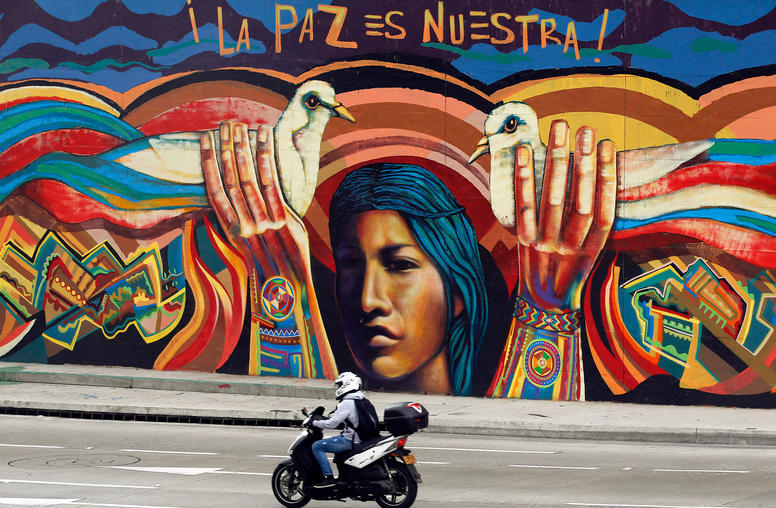
Coordinates for Transformative Reconciliation
Reconciliation is the long-term process that helps conflict parties build trust, learn to live together cooperatively, and create a stable peace. But what makes reconciliation genuinely transformative? This report draws on a qualitative analysis of 20 prominent reconciliation processes and interviews with experts who guided them to identify the qualities that made the processes successful. The report‘s insights and recommendations can help governments, multilateral organizations, and nongovernmental actors develop more responsive and responsible reconciliation initiatives.
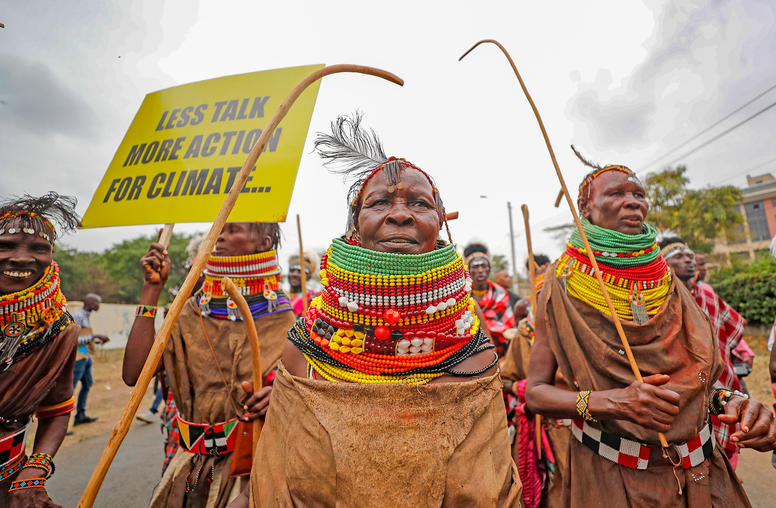
Pragmatic Peacebuilding for Climate Change Adaptation in Cities
The Intergovernmental Panel on Climate Change stated in 2020 that the effects of climate change are already a reality, especially in cities, where they have “caused impacts on human health, livelihoods and key infrastructure.” Climate stresses like heat waves, floods, air pollution, and storms have the potential to exacerbate political tension and fuel violence in urban settings. To address these dynamics, this report discusses what climate change practitioners can learn from the peacebuilding field to help cities adapt more effectively to the coming climate crisis.
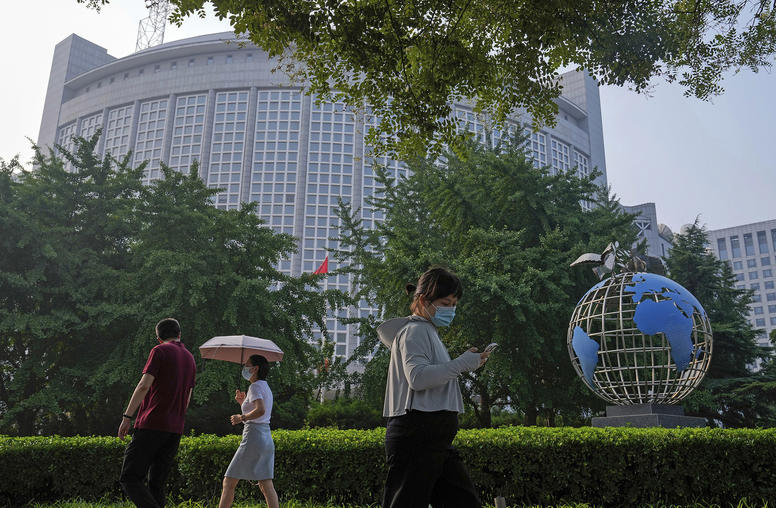
China and the Reshaping of Global Conflict Prevention Norms
As China has become a more powerful and influential actor—economically, politically, and militarily—it has demonstrated growing interest in playing a larger role in international conflict prevention and influencing established norms. This report examines Beijing’s approaches and efforts in this area, focusing on three case studies: funding projects through the UN, “Sinocentric” regional organizations, and ties with Solomon Islands. The report finds that China’s efforts around conflict prevention have a coherence that requires a similarly coherent response from the United States.
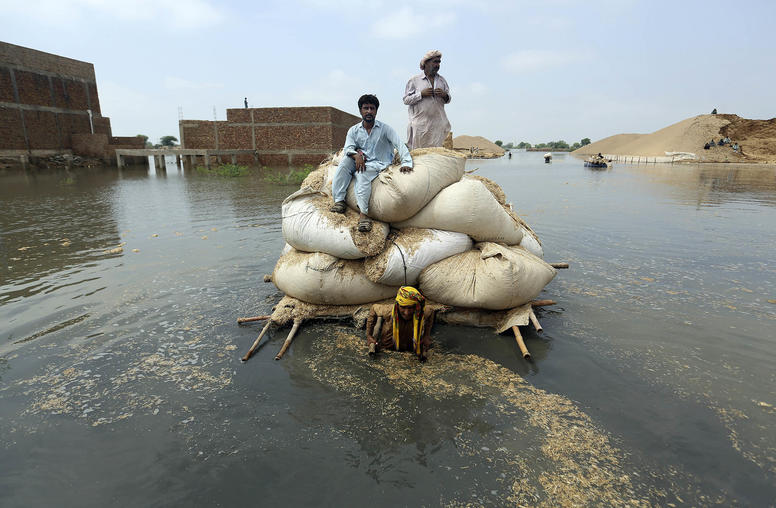
Displaced to Cities: Conflict, Climate Change, and Rural-to-Urban Migration
Countries as geographically diverse as Honduras, Jordan, and Pakistan are experiencing a common challenge—rapid growth in urban populations as conflict and climate-induced disasters push people from rural areas into cities. This report examines the effects of this increased urban migration on both the migrants and the urban environment, as well as the challenges policymakers face. It offers recommendations to help meet the needs of growing urban populations and develop adaptive, resilient systems to better withstand the impacts of climate change and conflict.
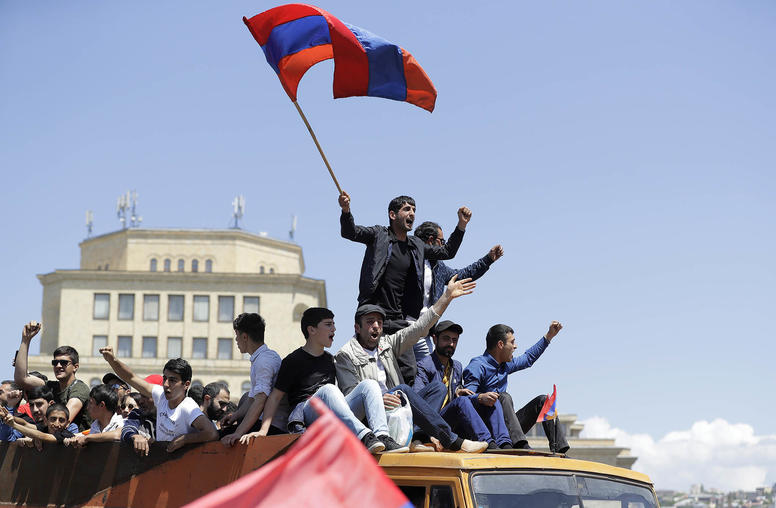
Overcoming the Challenges of Transitional Mobilization
Nonviolent action can be a powerful way to bring about peaceful transitions from autocratic rule to democracy. But even when initially successful, movement leaders often face significant challenges, from frustrations that grievances are not addressed quickly enough to counterrevolutions aimed at restoring the authoritarian status quo. This report examines two recent transitions—the 2011 Jasmine Revolution in Tunisia and Armenia’s 2018 Velvet Revolution—and presents recommendations for improving the likelihood that change initiated through nonviolent action leads to robust and lasting democracy.
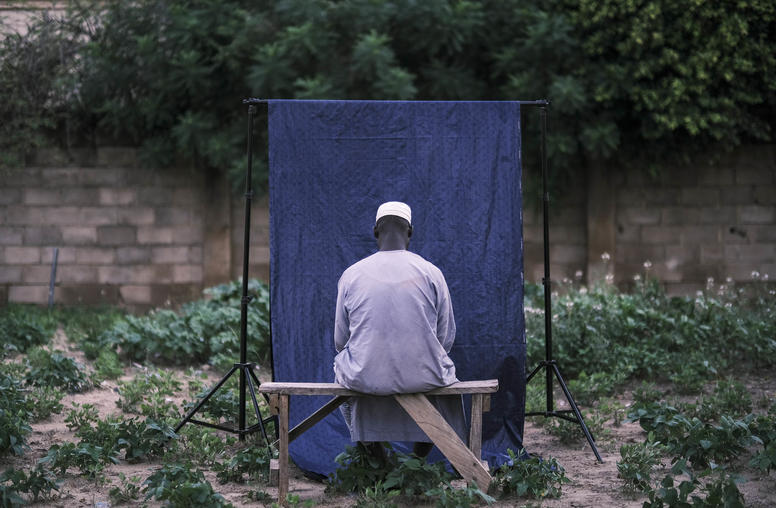
Disengaging and Reintegrating Violent Extremists in Conflict Zones
Dealing with people who leave violent extremist groups has become one of the most pressing security issues of our time. Drawing on new primary research conducted by the author in Iraq, Syria, and Nigeria, and existing research on disengagement and reintegration, this report underscores the challenges of administering rehabilitation programs in conditions of chronic insecurity—and of doing so at a scale sufficient to make a difference to hundreds or even thousands of people in short order.
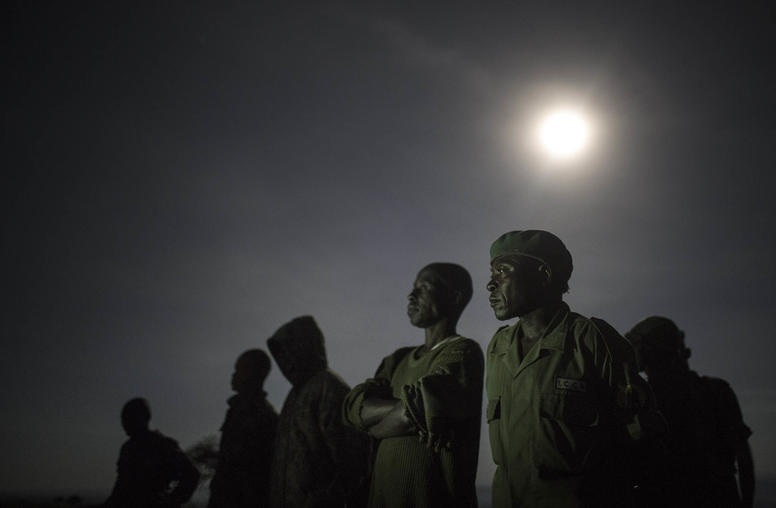
Armed Actors and Environmental Peacebuilding
The eastern provinces of the Democratic Republic of the Congo (DRC) have been the site of decades of conflict between the Congolese army and nonstate armed groups. The region’s conflict dynamics are profoundly affected by the combatants’ exploitation of and illegal trade in natural resources. Drawing lessons from eastern DRC, this report argues that the environmental peacebuilding field needs to do more to understand how armed actors shape resource governance and resource-related conflict, which in turn can lead to better-designed peacebuilding programs and interventions.